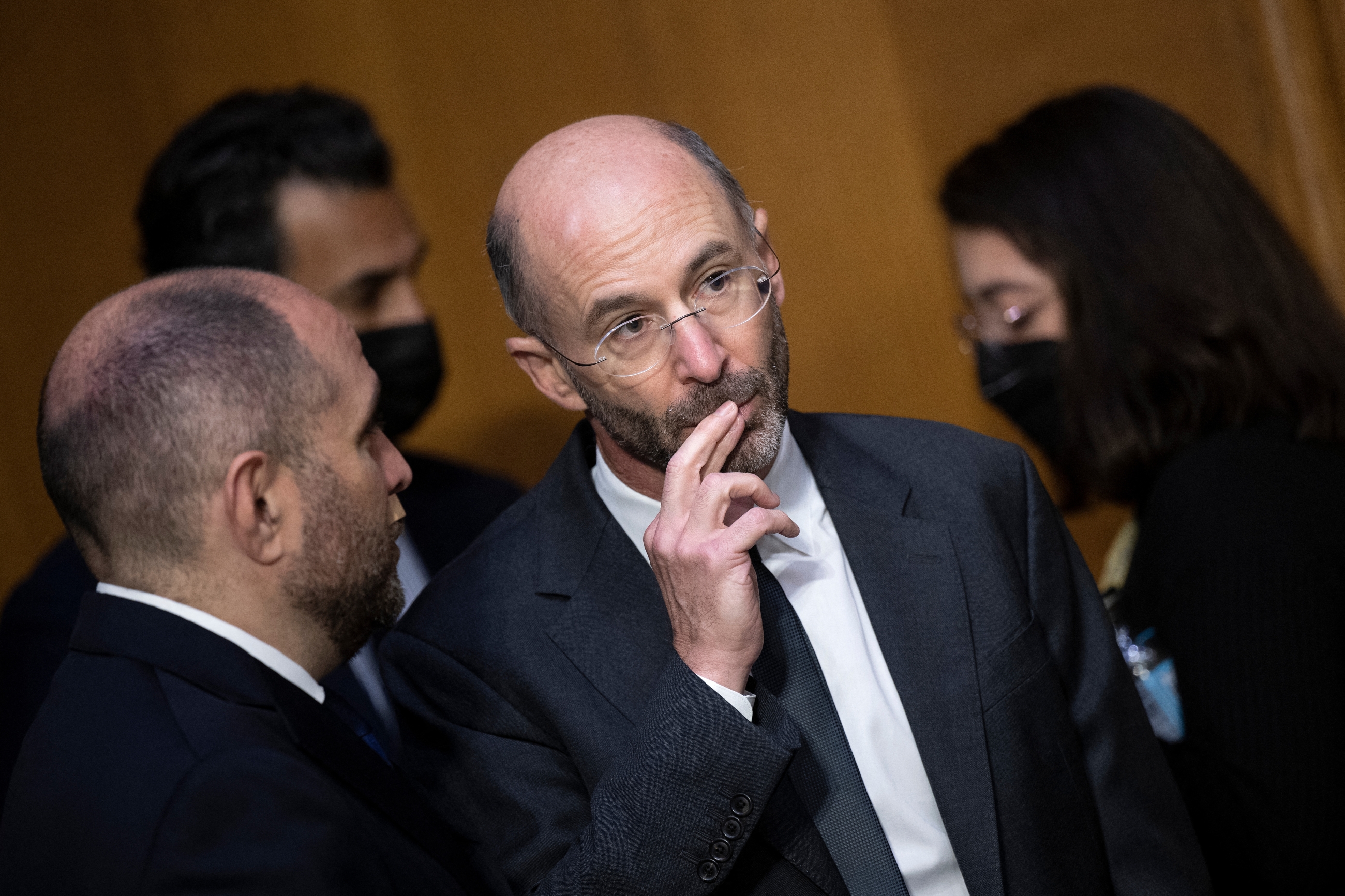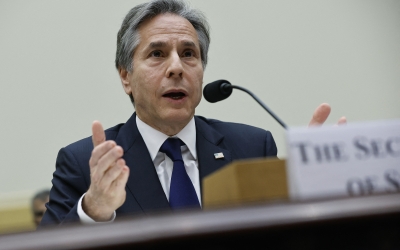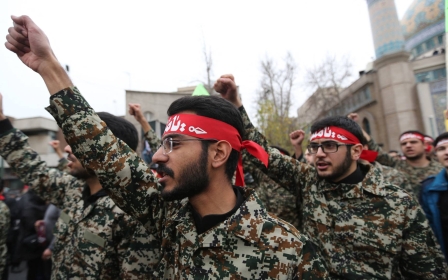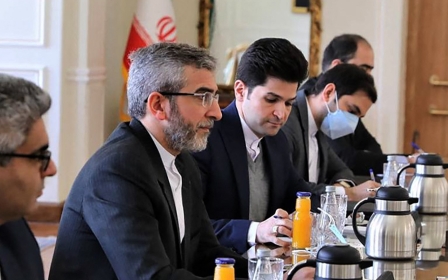Slim chance of reviving nuclear agreement, says Biden's Iran envoy

The US envoy for Iran warned lawmakers on Wednesday that the odds of striking a nuclear deal with Tehran were "at best, tenuous", but said Washington would continue negotiation efforts.
The US and Iran have been engaged in talks to revive the 2015 nuclear accord since April 2021. In January, US Secretary of State Antony Blinken claimed there were only a "few weeks left" to save the deal before Tehran's advancements became too difficult to reverse.
Speaking to the Senate Foreign Relations Committee, Robert Malley said the Biden administration still saw scope to re-enter the agreement, despite many months having passed since Blinken's timeline estimates.
"We are prepared to get back into the JCPOA [the official title of the 2015 deal] for as long as our assessment is that its non-proliferation benefits are worth the sanctions relief we will provide," Malley said.
Iran has refused to deal directly with the US in the negotiations, leaving other parties to the agreement - Britain, China, France, Germany and Russia - to shuttle between the two sides during negotiations in Vienna.
New MEE newsletter: Jerusalem Dispatch
Sign up to get the latest insights and analysis on Israel-Palestine, alongside Turkey Unpacked and other MEE newsletters
Despite a draft agreement circulating that has settled most issues between the parties, the talks have stalled over Iran's demand that the US lift sanctions on the powerful Iranian Revolutionary Guards Corp (IRGC).
That demand has galvanised opponents of the deal among Washington's partners in the region and drawn a strong rebuke from Republican and Democratic lawmakers in Washington, along with pushback within the Biden administration.
"As of today the odds of a successful negotiation are lower than the odds of failure - and that is because of excessive Iranian demands to which we will not succumb," Malley said, alluding to the IRGC.
"If Iran maintains demands that go beyond the scope of the [JCPOA], we will continue to reject them, and there will be no deal.
"We are fully prepared to live with and confront that reality if that is Iran's choice," he added.
Malley's comments came a day after Israeli Prime Minister Naftali Bennett revealed that US President Joe Biden informed him last month of his final decision to keep the IRGC on Washington's list of "terrorist organisations".
"This is the right, moral and correct decision by President Biden, who updated me on this decision during our last conversation. For this I thank him," Bennett said in a tweet.
The IRGC were designated a terror group in 2019 by the Trump administration, a year after it unilaterally withdrew from the nuclear agreement and imposed crippling sanctions on Iran as part of its "maximum pressure" campaign against Tehran.
The Quds Force, an elite branch of the Guards responsible for its overseas operations, has been on the list since 2007.
'Toothless'
At the hearing, Malley faced criticism from lawmakers, including members of the Democratic party, who called for greater sanctions enforcement, particularly on the sale of Iranian oil to China.
Democratic Senator Bob Menendez, who chairs the Senate Foreign Relations Committee, said the administration's sanctions regime on Iran "leaks like a sieve" and cited a report that Beijing had imported 650,000 barrels a day of oil from Iran in April.
"Oil which should be subject to US sanctions," Menendez said, "even at discounted prices, this has resulted in a flood of cash for the regime."
Senator Jim Risch, the top Republican on the committee, called the administration's approach "toothless" and said he was "underwhelmed" by the Treasury Department's announcement on Wednesday to target a network backed by the IRGC.
Malley defended the administration's record on sanctions, noting that the country faced 40 percent inflation and that the rial, Iran's currency, had lost 85 percent of its value since 2018, "25 percent of that under President Biden's watch".
"I don't think this is a strong regime that is basking in being able to circumvent sanctions," he said. "It is a regime under duress, and that is because of its own mismanagement and our sanctions."
In a line of questioning with Senator Risch, Malley also said he wanted to "clarify" the administration's promise that it would strike a "longer and stronger" deal with Iran.
"What all members of the administration said was 'let's get back into the deal and use that as a platform to get a longer and stronger deal'," Malley said, the clearest signal from the administration yet that if a deal is reached it likely would not go beyond the framework of the 2015 accord.
Malley added that the US was prepared to tighten sanctions if a deal was not reached and would "intensify" coordination with Washington's regional allies including Israel and the Gulf states.
"All options are on the table," Malley said, even as he emphasised that any military strike on Iran would only set back the country's nuclear programme. "A military option can not resolve this issue."
Middle East Eye delivers independent and unrivalled coverage and analysis of the Middle East, North Africa and beyond. To learn more about republishing this content and the associated fees, please fill out this form. More about MEE can be found here.





